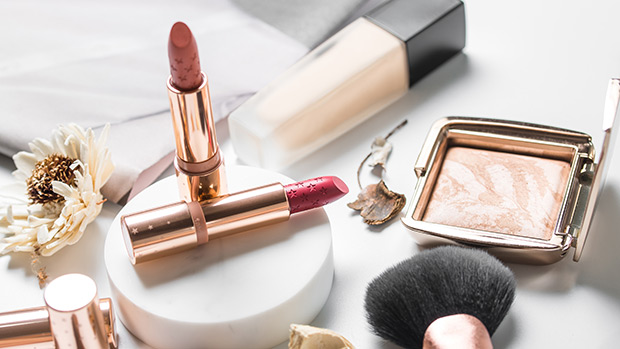
The book, designed for an audience of ages 4 and over, concludes with an Author’s Note, Timeline, and Bibliography. The book begins with the refrain: “Ona Judge, Ona Judge / Why you run away / Ona Judge?” Each subsequent double page spread then relates aspects of her life as a slave and ends with the sarcastic or ironic question, “Why you run Ona Judge?” Why, the narrator wonders sarcastically, wouldn’t a girl wouldn’t want to be someone’s pet someone’s property to do with as the owner pleased? In this way the author also depicts the reaction of whites in general and the Washingtons in particular to escapees from slavery: why would anyone want to leave such a wonderful arrangement? How ungrateful! The author explains at the end of the book that he decided to tell Ona’s story using rhetorical questions as a poetic structure. Washington, ever conscious of money, also saw his slaves as valuable assets, and resented the loss of her “value.” As the anonymous narrator points out to Ona: “You were his money walking out the door.” however well disposed I might be to a gradual abolition, or even to an entire emancipation of that description of People (if the latter was in itself practicable at this moment) it would neither be politic or just to reward unfaithfulness with a premature preference and thereby discontent before hand the minds of all her fellow-servants who by their steady attachments are far more deserving than herself of favor.” The Washingtons were incensed and offered a reward for her recapture. She had a dream, the author writes, of doing what she wanted and having a family without having to worry about her children being enslaved and/or taken from her and sold elsewhere. Ona fled to New Hampshire, choosing the dangerous status of fugitive runaway rather than remaining enslaved. It was important timing for her since Martha was about make Ona a “wedding gift” as a slave for her granddaughter, Eliza, who was known to have a fierce temper. In May, 1796, as the Washingtons were preparing to return with their slaves to Mount Vernon in Virginia for the summer, Ona took the opportunity to escape.
#Ona life review free
Washington asked his secretary to see to this process “under pretext that may deceive both them and the Public.” While in Philadelphia, however, Ona had made contacts with free blacks and Quaker abolitionists, and saw an opportunity to live her own life. She was among the slaves Washington secretly rotated out of the latter city in order to evade the 1780 Pennsylvania emancipation law.


Vernon in Virginia to the temporary capital of Philadelphia when George Washington was elected as President of the United States. Ona, who was a mulatto (described as “almost white” according to the Mount Vernon website), grew up to become the personal seamstress and servant to Martha Washington. This story, well-known to scholars of George Washington, is about one of his house slaves, Ona Judge, acquired by the Washingtons when she was ten years old.


 0 kommentar(er)
0 kommentar(er)
